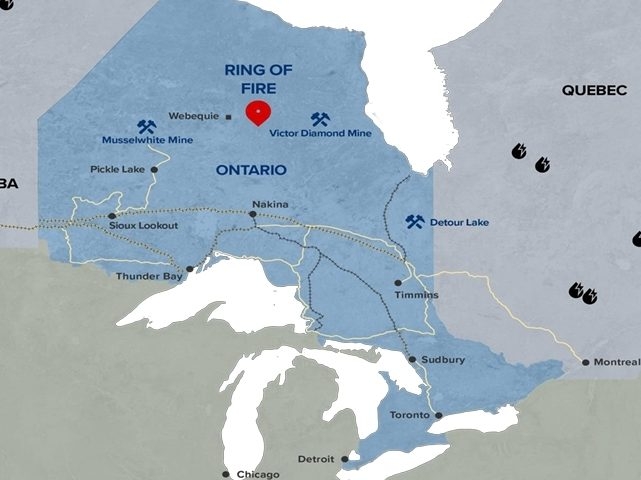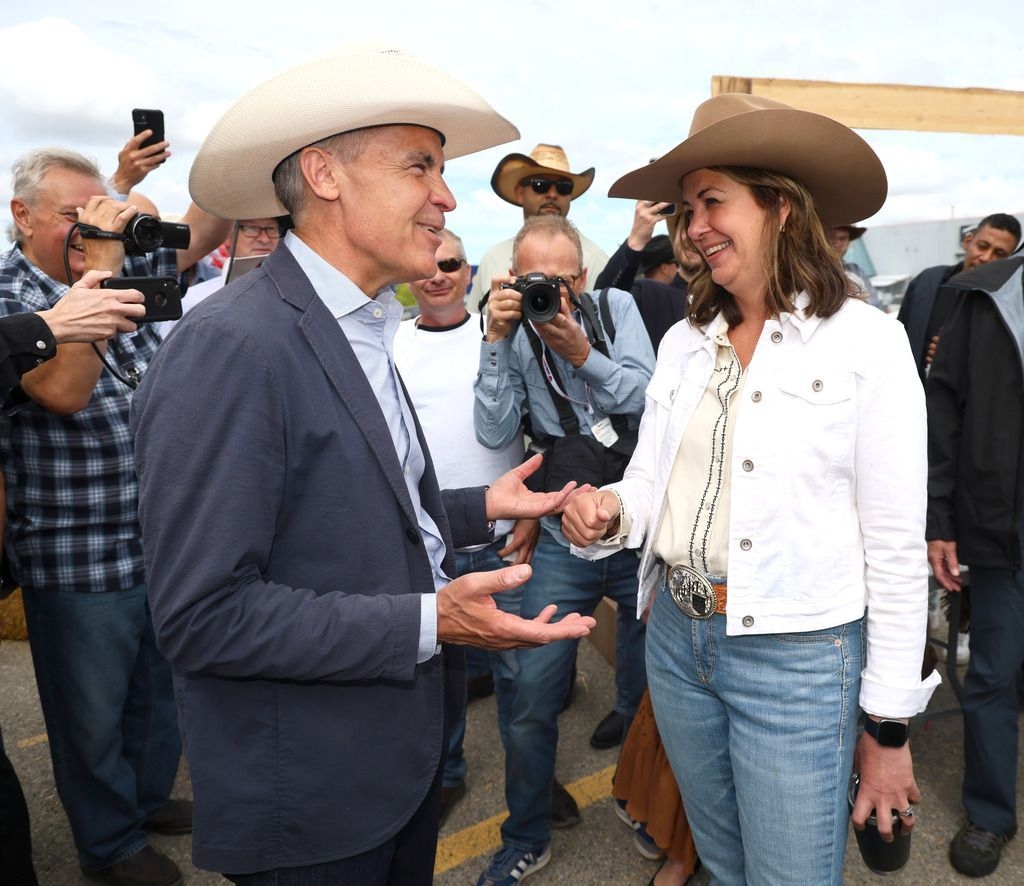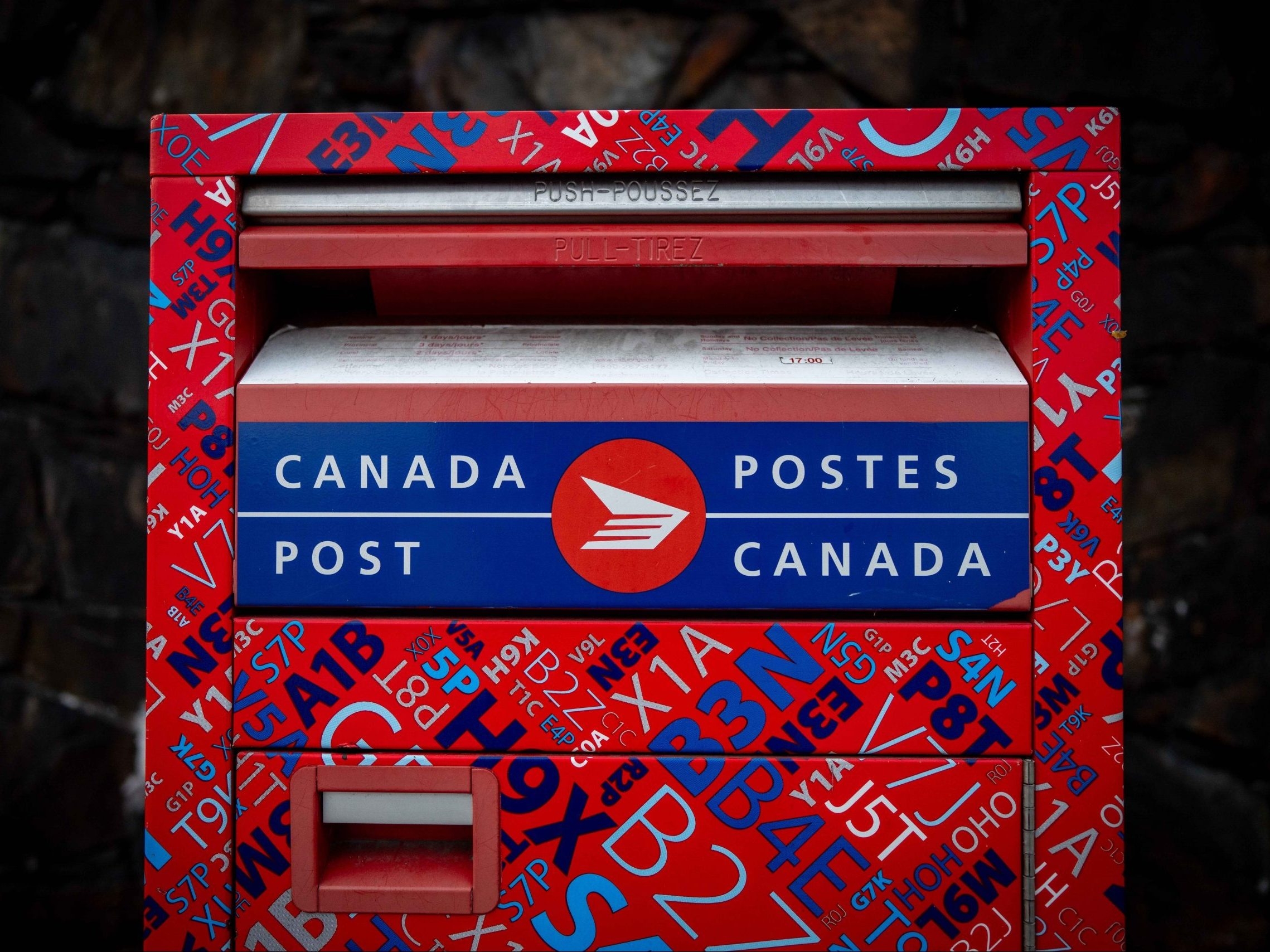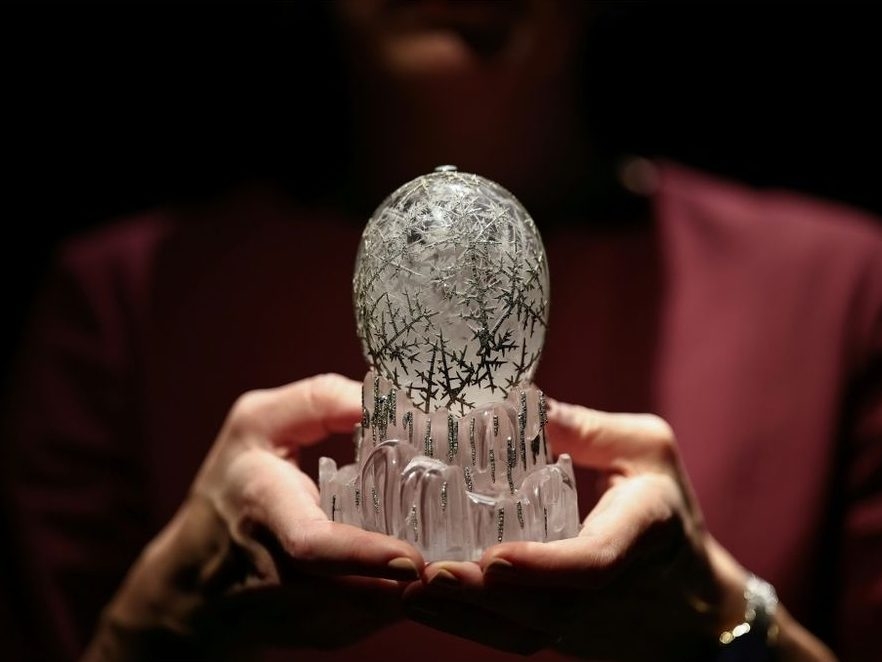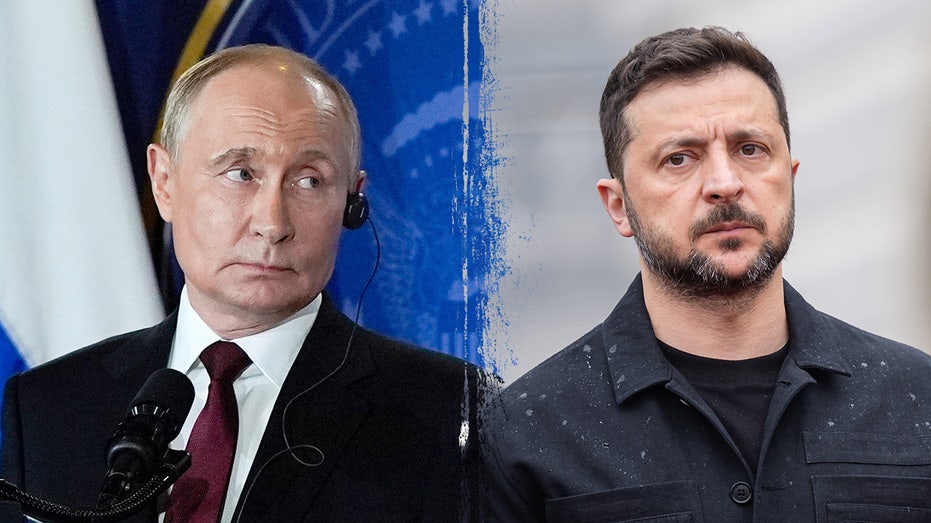A shadow of suspicion has fallen over the Quebec Liberal Party, as allegations of past misconduct resurface and a new internal conflict draws the attention of the province’s anti-corruption unit.
The controversy ignited when a member of Québec solidaire publicly presented a 2019 book detailing previous corruption claims against the party, dating back to the era of former premier Jean Charest. The timing coincided with confirmation that UPAC, the province’s permanent anti-corruption unit, was meeting with witnesses regarding fundraising practices.
Liberal leader Pablo Rodriguez swiftly dismissed the accusations as a calculated “political game” orchestrated by opponents lacking substantive arguments. He staunchly defended his party’s legacy, portraying it as a cornerstone of Quebec’s economy and a champion of social justice.
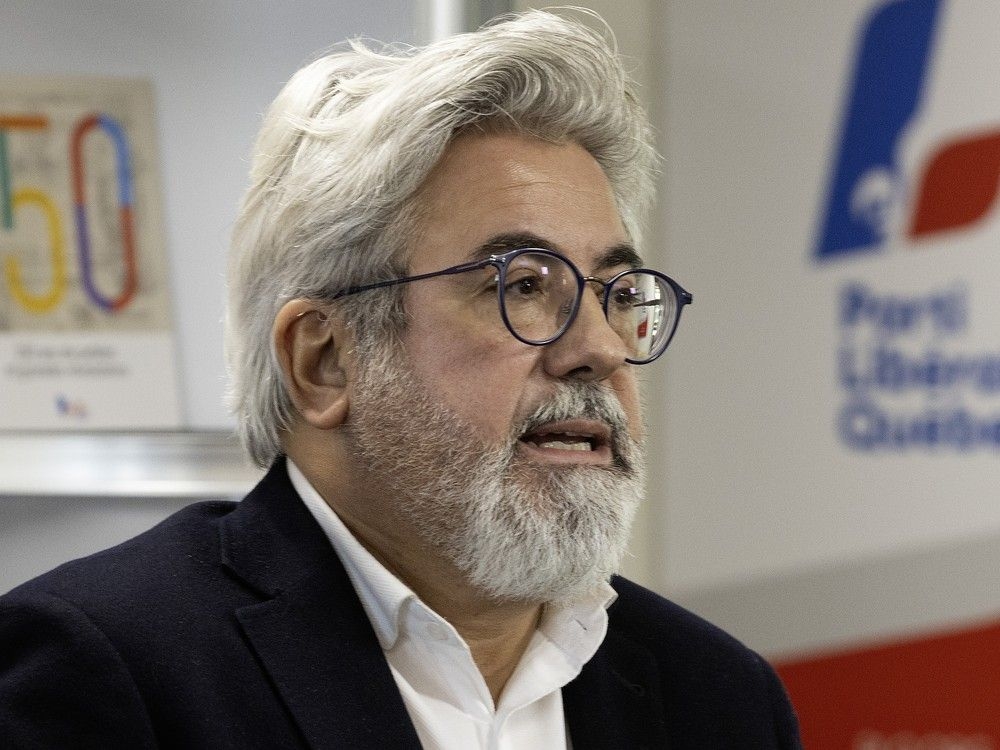
However, other party leaders seized the opportunity to amplify the accusations. The Parti Québécois leader directly accused the Liberals of fostering a “culture of corruption,” linking it to broader political allegiances. Justice Minister Simon Jolin-Barrette echoed these sentiments, labeling the Liberals as perpetuating “illegal practices.”
The situation took a dramatic turn with reports that UPAC had interviewed Marwah Rizqy, a recently removed parliamentary leader. Rodriguez claimed Rizqy herself initiated the contact with the anti-corruption unit, adding another layer of intrigue to the unfolding events.
Despite the mounting scrutiny, Rodriguez pledged full cooperation should a formal investigation commence, asserting the party had “nothing to hide.” UPAC, bound by privacy regulations, declined to confirm the meeting with Rizqy.
The scandal extends beyond past allegations, encompassing a recent internal dispute between Rizqy and her former chief of staff, and claims of financial incentives offered to support Rodriguez’s leadership bid. These elements have converged to create a crisis that threatens to define the party’s image.
Political analysts suggest that even unproven allegations can inflict lasting damage. The Quebec Liberals have long battled a tarnished reputation, stemming in part from the extensive findings of the Charbonneau Commission, which exposed widespread corruption in the construction industry.
For the Parti Québécois, the renewed focus on Liberal corruption presents a valuable political opportunity, regardless of the truth. The accusations allow them to reinforce a long-held narrative and potentially gain traction with voters.
Adding to the pressure, recent polling data reveals a strikingly low public favorability rating for Rodriguez – a mere 13 percent. This places him behind other party leaders and even ties him with the current Premier, raising serious questions about his leadership.
Experts suggest the Liberals face a critical juncture. They must decide whether to remain steadfast with Rodriguez, despite his unpopularity, or consider a change in leadership before the next provincial election. The party’s future hangs in the balance.
The data reveals a significant disconnect: while only 13% view Rodriguez favorably, 25% of Quebecers still express an intention to vote Liberal, suggesting a lingering loyalty to the party itself despite concerns about its leader.
